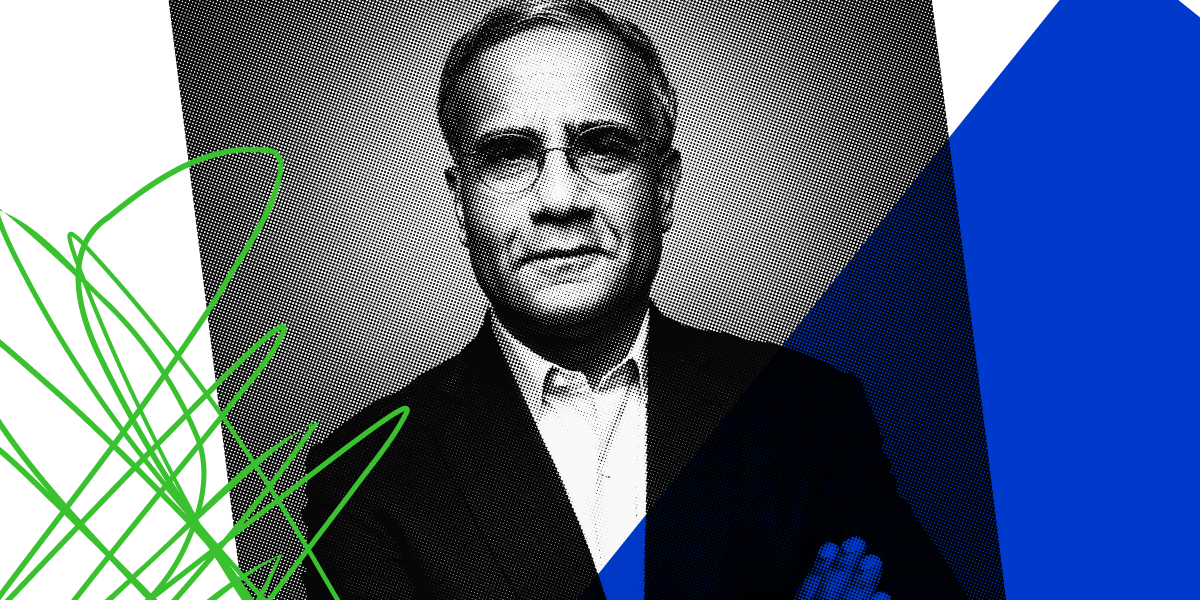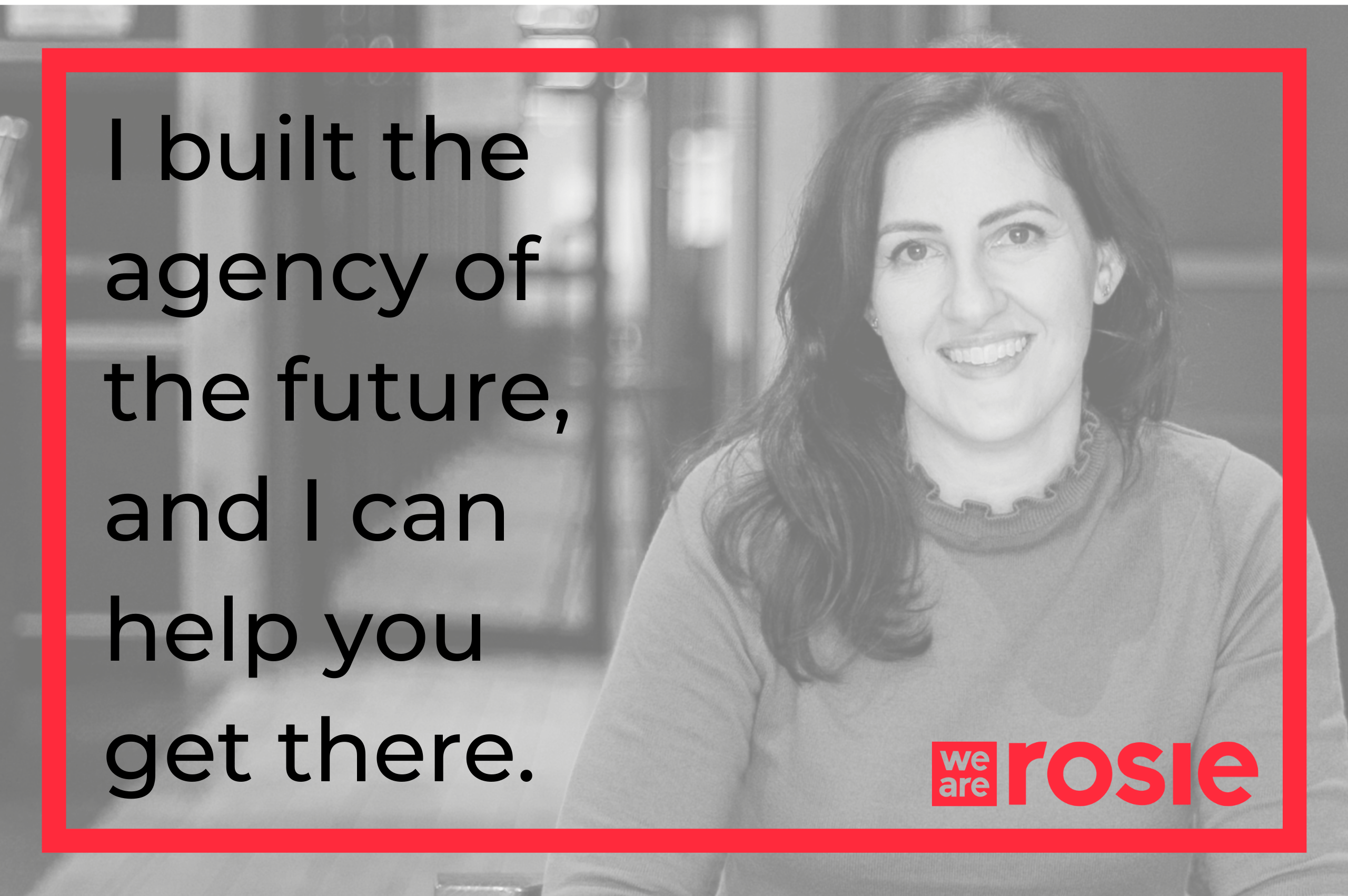Rishad Tobaccowala Is Reimagining the Future of Work—and Challenging Us All to Think Differently
The former Publicis executive has a clear vision of how work is changing and he’s helping corporate leaders meet the moment with his Rethinking Work platform.

During my 37 years in marketing and advertising at Publicis Groupe, I did a lot of innovative things and was among the first people to digitally create new ways of working. I learned that good leaders understand key trends and the opportunities and challenges tomorrow will bring.
That’s why I believe that right now, almost everybody's thinking about work is wrong. In fact, I believe that nearly all current companies are organized wrong. The leadership is not up to par. As I explain in my book, “Rethinking Work,” the future has come, and they’re sitting in the containers of the past.
Similarly, on my podcast, “The Rethinking Work Show,” I talk to people who are inventing the future of work. I cover everything from architects redesigning spaces, to people creating AI agents to replace humans, to Gen Z workers questioning whether corporate jobs should exist at all.
I'll give you four simple statements about how the tide is turning. Number one is that work and jobs are not the same thing. More and more work opportunities will not be in a full-time job but as gigs and projects. Companies need to be organized to get work done with the right expertise versus jobs to be filled based on experience.
Number two is that most companies will have most of their employees completely outside the company. Jobs will be done by outside suppliers, freelance and contract employees, and fractionalized employees. Third, a majority of companies' employees might no longer be humans, but AI agents. And the fourth is, companies don't transform and change; only people do. So, leadership is the critical element more than technology or strategy or partnerships.
Unfortunately, many leaders aren’t meeting the challenge. A lot of companies are basically fixated on getting people back into the office, thinking that everything was fine in 2019, and COVID came and spoiled a little party. But the winds were already changing long before that. Younger people are wanting to work for themselves and have a side job and side hustle, and older people want more flexibility.
Then you have things like AI, which means people are going to have fewer full-time jobs. We’re already seeing, every day, 14,000 layoffs here, 20,000 layoffs there, among white-collar people. And because of digital marketplaces like Upwork and Shopify and cloud-based services like Amazon, companies can attract and retain talent from anywhere in the world, and small businesses can sell their services anywhere.
And finally, after COVID, we’ve entered an age of “debossification.” It's not that we don't want to go back to the office. We don't want to go back to the bosses who manage, control, and check in—which we don't need.
On my website, Rethinking Work, I'm teaching people more about this than most corporate HR departments. And I'm doing it by actually talking to people and broadcasting what they're learning.
I talked with the CEO of a marketing agency who designed a workplace that gives you a great deal of energy, excitement, and the ability to be educated. The majority of his 200 employees don’t choose to be in the office full-time, so he designed it for 60 people to work comfortably, but 100 people can commingle.
He selected a location close to train lines, highways, hotels, restaurants, and concert halls. For the office itself, his architect designed well-lit, airy spaces where employees could meet, and attractive backdrops for their videoconferences. Since then, his agency has been named Agency of the Year twice, and now clients are coming to his space to see how he's redesigned it.
This CEO understood that going forward, the most important component of a long-term, sustainable advantage for any company is its ability to attract, retain, inspire, and grow talent. I would say there are four factors every organization should do to upgrade, retrain, and enable the workforce.
The first one is to get people to recognize that you have at least six types of motivations that drive employees. Leaders need to understand the different ways that employees are motivated, and align them with job roles to get the best from them and their teams. Number two is, provide them with as much training as they can get in anything that they want to learn about. Third is to ask people what their ideas are to lead the company, versus just giving them ideas. And the fourth is to treat them with trust and integrity.
Attracting and retaining talented employees will enable companies to weather the coming changes. And I believe that work will change more this decade than the previous 50 years. Business leaders have a choice to adjust to the transformational events on the horizon, or simply react and struggle against the evolving environment. My advice? Don’t be one of those sitting here pretending that the future will be more of the same.

